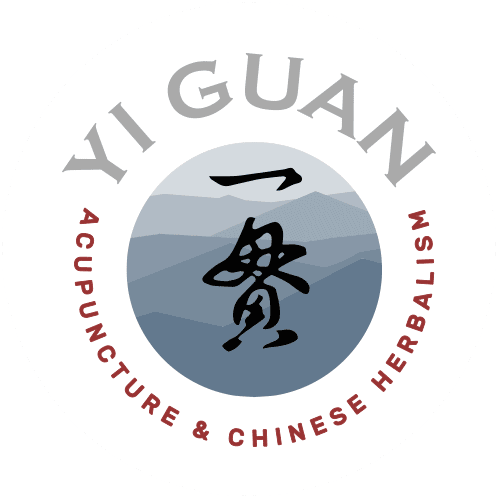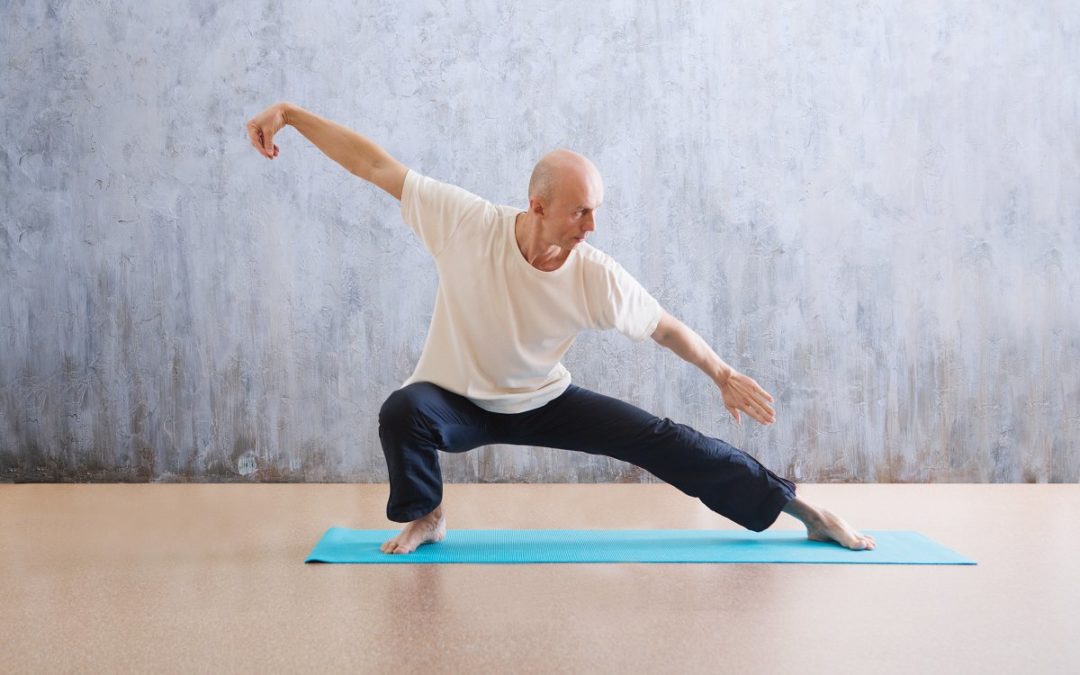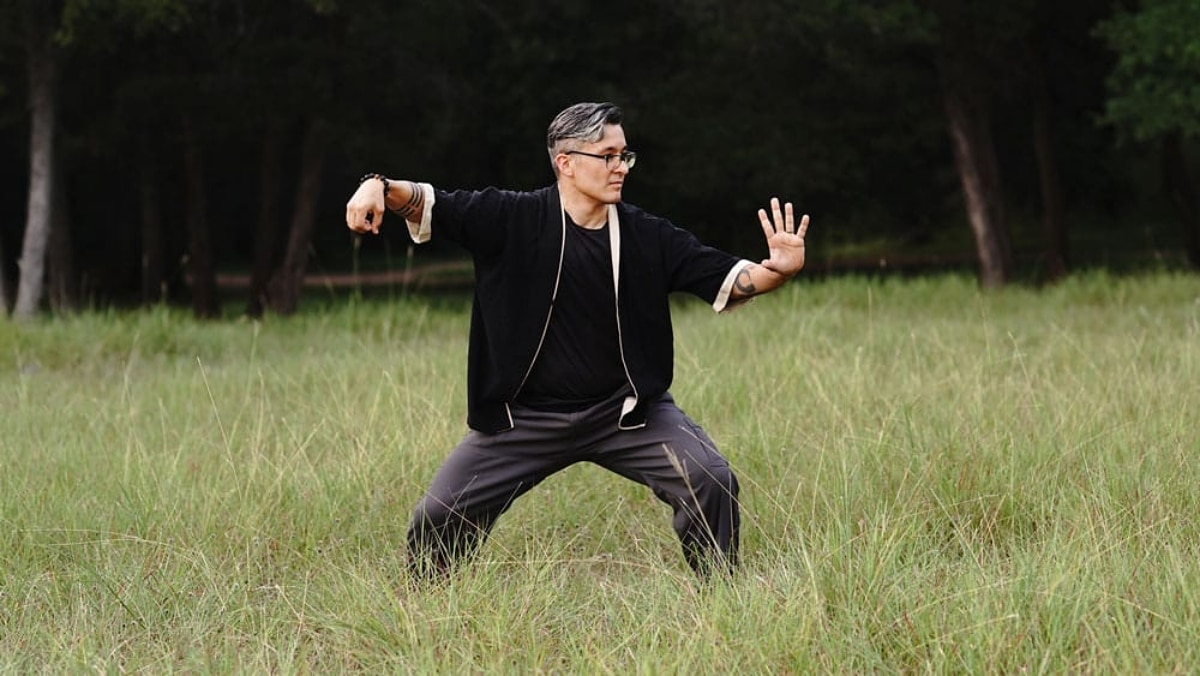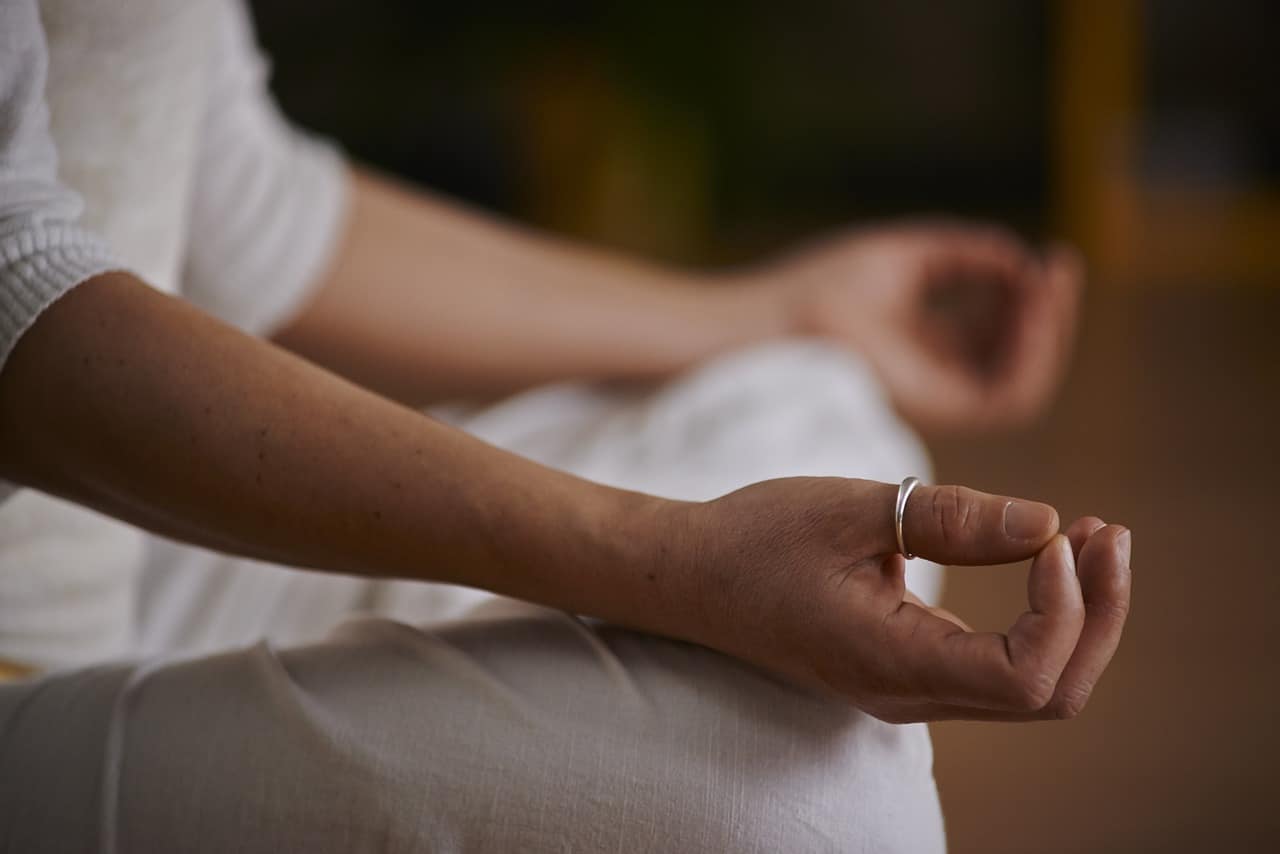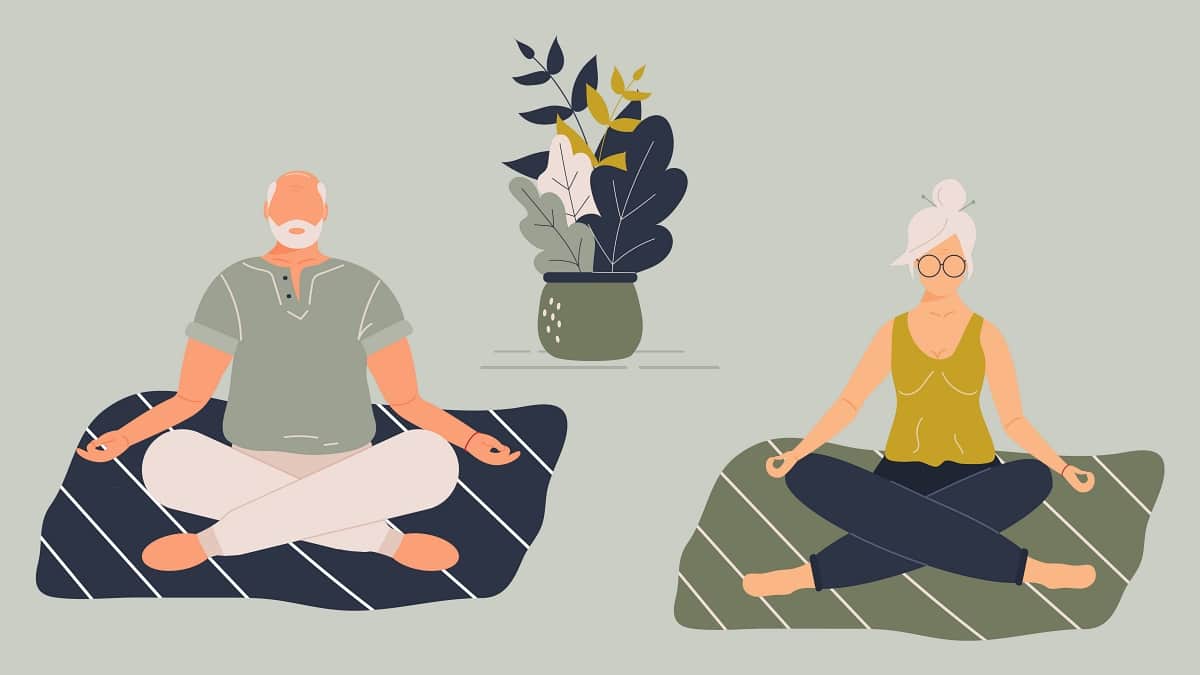The Basics of Qigong and its Role in Chinese Medicine
At Yi Guan Acupuncture and Chinese Herbalism a patient’s treatment regimens contain a balanced mix of acupuncture, herbal formulae and mind-body practices designed specifically to address their needs. Even though it is a new and foreign idea, there is increasing awareness as to what acupuncture is and what it entails. And herbalism in its many shapes and forms is also definitely receiving more attention. But what exactly does mind-body practices mean?
Our mind-body practices include meditation, tai chi and qigong. This article will focus on the basics of qigong.
The Origins of Qigong
Pronounced chee gong, in English it translates directly as “energy work”. The term qigong used without further description ends up being broad in both use and form. Succinctly put, qigong is an exercise routine that strengthens or heals the body and/or mind from the perspective of the classical Chinese viewpoint on anatomy and physiology.
The word “qigong” itself is a mid-20th century term describing a collection of traditional practices, up to that point not necessarily considered related to one another. Some of these practices date back thousands of years. They went by the names xingqi (moving qi), daoyin (guiding and pulling) or neigong (internal work), depending on their lineage and focus.
Some of these practices are rooted in Chinese medical theory and are geared towards healing/strengthening particular organs or moving stagnated qi with the purpose of increasing wellness.
Other qigong routines are more martial in nature and cultivate strength and pliancy in tendons and muscles, and resiliency to rigorous physical activity or pain. There are further practices that are predominantly working with consciousness and cognition. In that, it can be an important part of a spiritual practice. However, the body strengthening exercises which are often taught to soldiers or other martial artists are simply an effective pragmatic means to an end.
Modern Usage of Qigong
Western physical therapy generally consists of strength training, flexibility/range of motion and balance routines for the purposes of restoring or increasing health and wellness. One could consider qigong the Eastern medical equivalent to the Western practice of physical therapy or calisthenics, but with a focus on the classical Chinese system of anatomy and physiology.
The Forms of Qigong
Approached with the right intent and mindfulness, the form qigong movements or routines can take are quite versatile. They can be done to help specific conditions as well as become a part of one’s regular daily routines. Some practices range from dynamic and complex coordination of movement all the way to entirely still breathing techniques and visualizations. This aspect is something that typical Western physical therapy tends not to address and are then more similar to types of cognitive behavioral therapy.
The Benefits of Qigong
Qigong has something for everyone. It can help with treating arthritis, or even improve balance by easing a sore back or loosening a stiff neck. Qigong can boost vitality for seniors as well as individuals in their prime. And it can even sooth the mind and ease stress.
If you would like to know more about qigong, or take a group or private class, contact us today.
Join the Yi Guan Newsletter List!
Sent out just once a month, the newsletter keeps you informed about acupuncture, herbalism and special offers at Yi Guan Acupuncture and Chinese Medicine.
